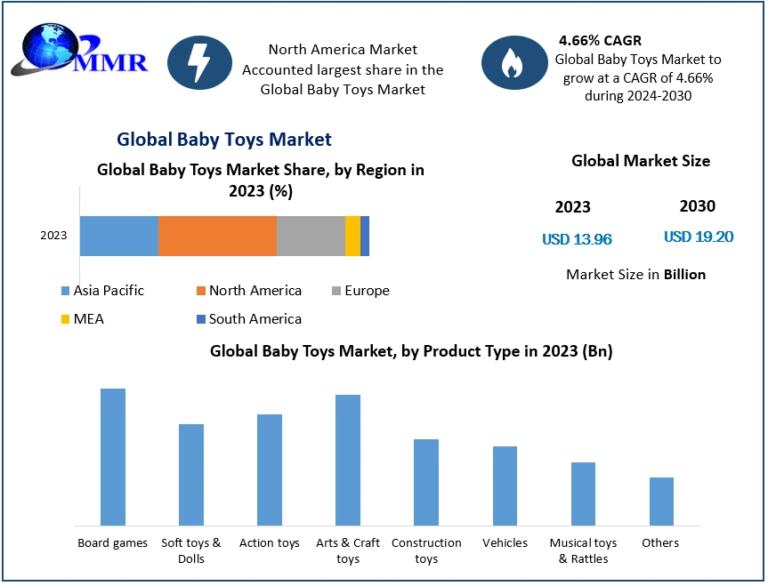Pregnancy is an incredible journey that needs close attention to maternal nutrition and health. Among the numerous pregnancy complications, pre-eclampsia is one of the most serious issues. Pre-eclampsia is characterised by increased blood pressure and signs of organ damage (generally the kidneys), typically occurring after week 20 of pregnancy and poses a risk to the mother and the baby.
According to research, calcium intake may be instrumental in pre-eclampsia prevention.
In this blog, we delve into the connection between calcium and pre-eclampsia, the advantages of calcium during pregnancy, and how calcium-rich foods and calcium tablets for pregnant women can support better and healthier pregnancy outcomes.
Understanding Pre-eclampsia: The Silent Danger
Pre-eclampsia occurs in approximately 5-8% of pregnancies worldwide and is a major cause of maternal and neonatal death. The cause of pre-eclampsia is not yet understood, but it’s usually associated with a placenta with an abnormal development of blood vessels. Some of the common symptoms are:
- High blood pressure
- Swelling in the face, feet and hands
- Protein in urine
- Severe headaches or changes in vision
Prevention and early detection are key, and among preventive measures gaining significant attention is ensuring sufficient calcium intake during pregnancy.
Calcium and prevention of pre-eclampsia
Calcium is an essential mineral for bone and tooth development in the foetus and for muscle function, nerve impulse transmission and blood pressure regulation in the mother. Several studies, including the recommendations by the World Health Organisation (WHO) indicate that proper calcium supplementation, especially in low dietary calcium consuming populations, can lower the risk of preeclampsia by up to 50%.
Thus, taking sufficient calcium-rich food or through calcium tablets for pregnant women is a preventive measure that no woman should ignore.
Daily calcium requirement during pregnancy
Daily intake of calcium in pregnancy is estimated to be around 1,000 mg for most women and up to 1300 mg for adolescents. When dietary intake is low, the development of the foetus without calcium intake from the mother’s bones, which makes the mother more vulnerable to osteoporosis in later years.
Receiving adequate calcium is not merely a question of addressing fetal development needs, but leads to the prevention of pre-eclampsia, so it is a double benefit for the health of the mother.
Calcium-rich foods that every pregnant woman must consume
The most effective way to achieve your daily calcium intake is with a balanced diet packed with whole foods. The following are some of the best calcium-rich foods that pregnant women must consume-
- Dairy food items- Milk, yoghurt and cheese are among the richest sources of calcium. One glass of milk provides approx. 300mg of calcium.
- Leafy green vegetables– Spinach, broccoli, fenugreek, kale and turnip are not only rich in calcium but also iron, fibre and folate. Therefore, these are also known as pregnancy superfoods.
- Fortified foods- Various cereals, orange juice and plant milks are fortified with calcium and thus make excellent additions to a regular pregnancy diet.
- Seeds and Nuts- Almonds, chia seeds, and sesame seeds are rich in calcium, healthy fats and protein. These calcium-rich foods offer natural absorption and added nutrients, which promote both fetal and maternal well-being.
When to Consider a Calcium Tablet in Pregnant Women?
Even with best efforts, most pregnant women in India and other low-to middle-income nations fall short of calcium requirements through diet alone. In such cases, doctors recommend calcium tablets for pregnant women to bridge the nutritional deficit.
These supplements typically contain 500–600 mg of elemental calcium and sometimes have Vitamin D included to increase absorption. Pregnant women need to check with their gynaecologist before they take supplements, particularly if they are currently on multivitamins or prenatal pills.
Why calcium supplementation matters for Indian pregnancies?
In India, women come into pregnancy with pre-existing nutritional deficiencies. Cultural dietary practices, vegetarian diet and limited exposure to fortified foods may lead to low calcium consumption. As a result, calcium deficiency has become a widespread issue, increasing the chances of pregnancy complications such as pre-eclampsia.
Government health schemes, such as India’s National Iron Plus Initiative, include calcium supplementation for pregnant women, mainly in rural and underprivileged areas, considering its contribution to pre-eclampsia prevention.
Rely on Trimacare- ‘The Best Calcium Tablet for Pregnant Women’
Trimacare prenatal multivitamins, specifically designed by experts according to WHO and ICMR recommendations, are prescribed by top gynaecologists in the nation. Trimacare pregnancy vitamin tablets come in three packs per trimester that contain 20+ essential nutrients required for a pregnant woman and her baby. Trimacare 2 and Trimacare 3 prenatal vitamins contain 500mg of calcium as recommended.
Calcium present in the Trimacare prenatal tablet helps in the development of the baby’s teeth and bones. Additionally, it also supports muscle contraction, hormone regulation and the functioning of the nerve cells.
Conclusion-
Pregnancy requires a carefully planned diet and regular monitoring of nutrient consumption. Calcium, which is frequently forgotten beyond bone health, is an effective contributor to pre-eclampsia prevention. With consumption of enough calcium-rich foods, and additionally a calcium tablet for pregnant women when needed, mothers can significantly reduce their risk of complications and help their baby grow in a healthy way.
Source url – http://blogs.rediff.com/mehrariya905/2025/08/06/pre-eclampsia-prevention-the-role-of-calcium-in-pregnancy/




